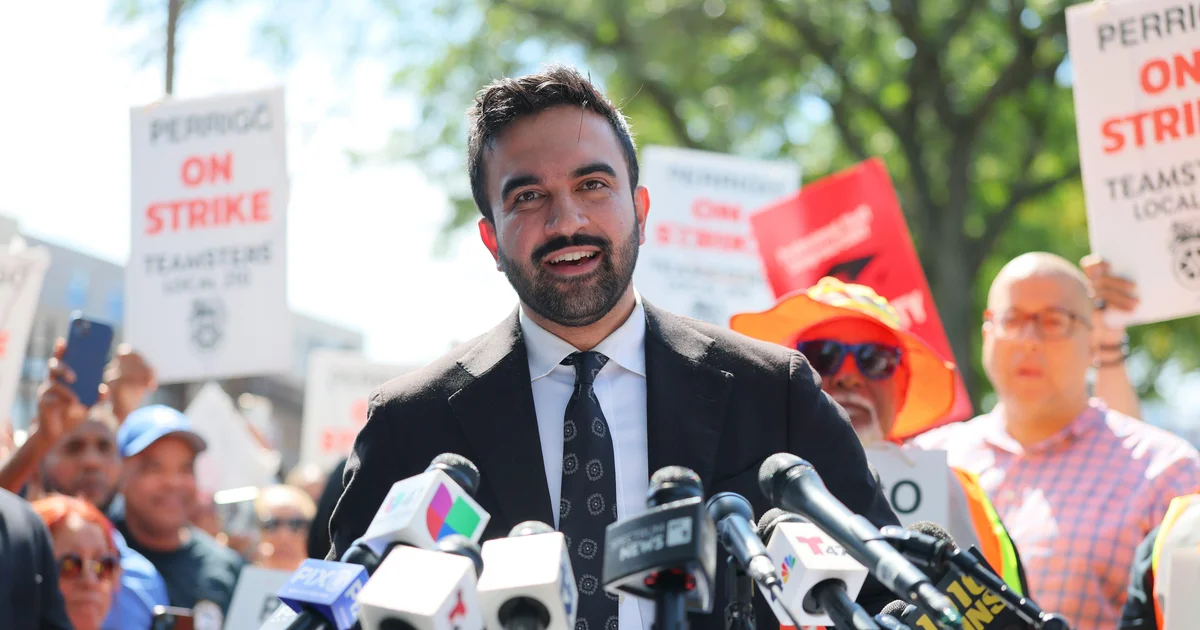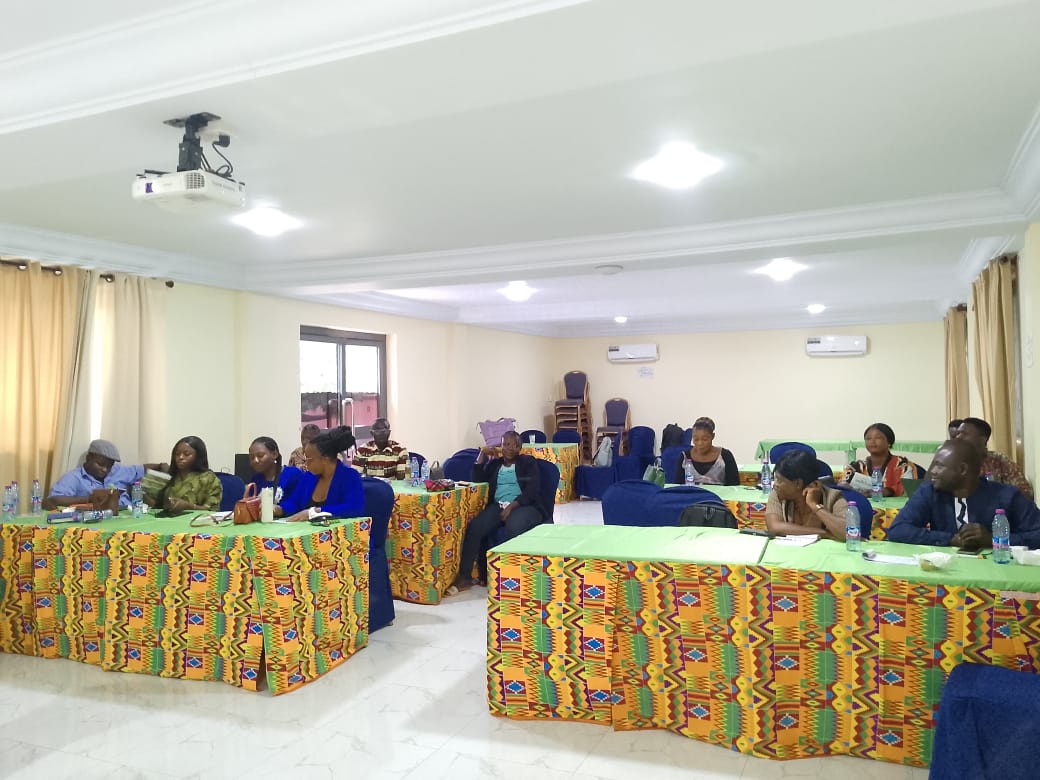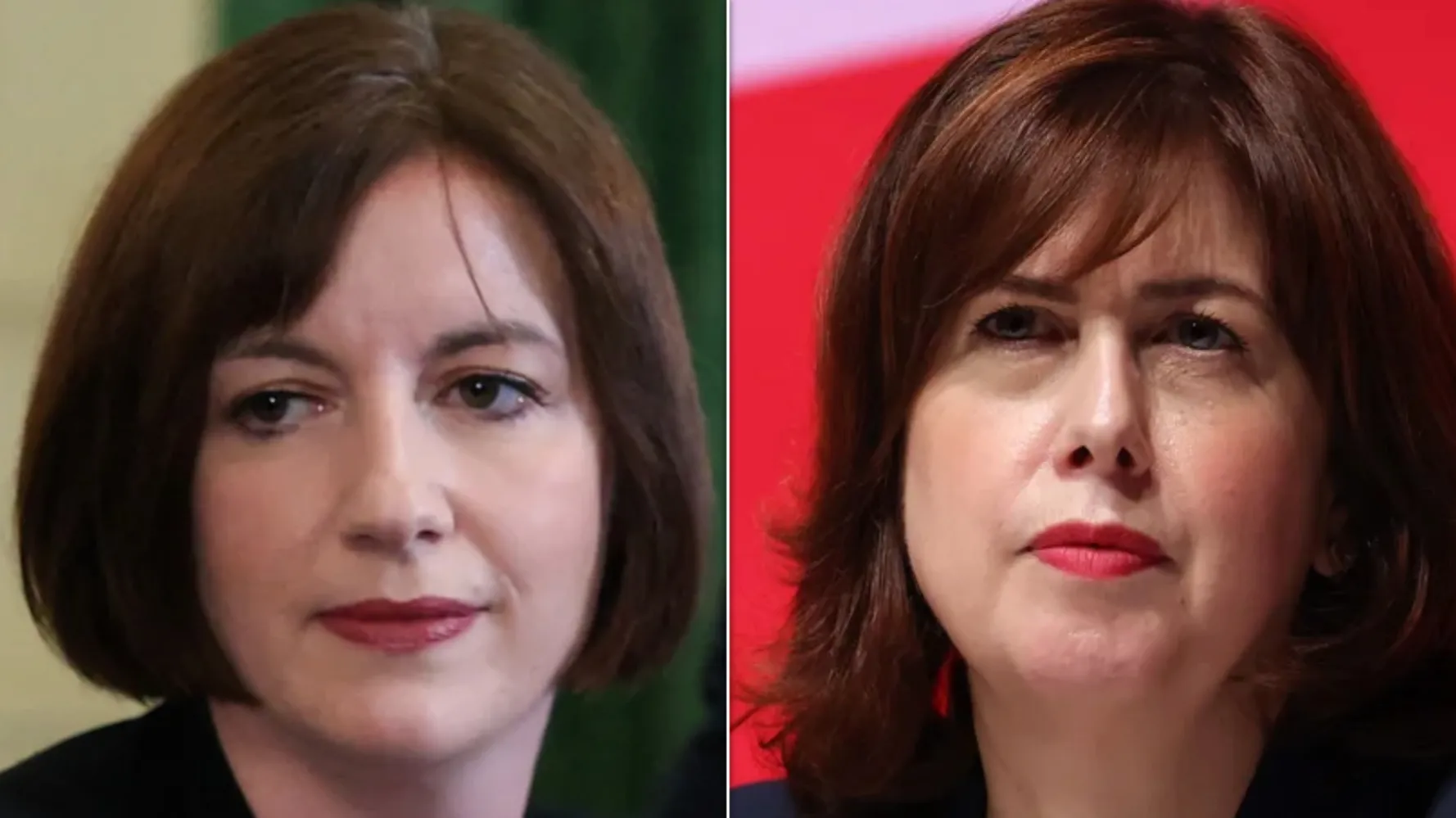By Murray Evans,Peter Greene,Senior Contributor
Copyright forbes

For now, religious education is a private education.
A proposed religious charter school reached the end of the legal road when the Supreme Court left a ruling from Oklahoma’s top court in place. Now the Catholic diocese has decided to re-launch the school as a private school instead.
In the summer of 2023, the Oklahoma Statewide Virtual Charter School Board chose to ignore the opinion of Oklahoma State Attorney General Gentner Drummond, and gave approval to launch what would have been the nation’s first explicitly religious charter school, St. Isidore of Seville virtual charter, a cyber school proposed by the Archdiocese of Oklahoma City in collaboration with the Diocese of Tulsa.
Drummond called the decision “contrary to Oklahoma law and not in the best interests of taxpayers.” Furthermore, “It’s extremely disappointing that board members violated their oath in order to fund religious schools with our tax dollars. In doing so, these members have exposed themselves and the state to potential legal action that could be costly.”
The argument in favor of the approval rested on a couple of points. One is the belief, expressed by the Chancellor of Archdiocese of Oklahoma City Michael Scaperlanda, that “charter schools are not public actors and not state actors.” In other words, they are not really public schools and therefor not held to public school rules.
The argument also rested on Carson v. Makin, the case in which the Supreme Court told Maine that if it funded non-religious choices, it must fund religious ones as well.
MORE FOR YOU
The case made it to the Oklahoma Supreme Court, which ruled that, as a public school, St. Isidore was fully bound by the state constitution.
The school was open and clear about its intentions to “creates, establish and operate” the school as a Catholic school” that would derive “its original characteristics and its structure as a genuine instrument of the church” including “the evangelizing mission of the church.”
But the Oklahoma Charter Schools Act declares that charter schools are public schools, and that they must be nonsectarian. The court found that as a charter school, the school was in fact a public school and state actor.
The State’s establishment of a religious charter school violates Oklahoma statutes Oklahoma Constitution, and the Establishment Clause. St. Isidore cannot justify existence by invoking Free Exercise rights as religious entity. St. Isidore came into existence through its charter with the State and will function as a component of the state’s public school system.
Supporters had hopes that the Supreme Court would overturn the state. However, Justice Amy Coney Barrett recused herself, likely because she is a friend and former teaching colleague of Notre Dame law professor Nicole Garnett, who was involved in helping set up the school. The Supreme Court ended up in a 4-4 tie, leaving the lower court ruling standing.
Now, the Roman Catholic Archdiocese of Oklahoma City and the Diocese of Tulsa have announced plans to open a Catholic virtual school in Oklahoma. As reported by Murray Evans at The Oklahoman, St. Carlo Acutis Classical Academy will be a private school enrolling students in grades K-8 when it opens in fall of 2026.
“We are thrilled to announce the opening of St. Carlo Acutis Classical Academy,” said Misty Smith, head of school for the academy. “Our mission is to bring the richness of the Catholic intellectual tradition into homes through an online format embracing classical curriculum resources that combine both synchronous and asynchronous learning.”
Carlo Acutis was canonized on September 7, 2025. Before dying at age 15, he had been involved in several webpage and online projects for the church.
The transformation of the school mirrors that of many charter schools. As noted in a 2017 ProPublica article by Annie Waldman, charter schools that run afoul of state regulations are sometimes “reincarnated” as private schools. In Arizona, the charter ARCHES Academy reopened as a private school called Title of Liberty. In Louisiana, the Noble Minds Institute for Whole Child Learning was in danger of being closed for its repeated F’s on the state report card; last month it reopened as a tiny private school.
It seems likely that there will be another attempt to challenge the barriers to publicly funded religious charter schools, but in the meantime, St. Carlo Acutis Classical Academy will pursue the more traditional path of a private Catholic school. For now, religious schooling is still private schooling.
Editorial StandardsReprints & Permissions



